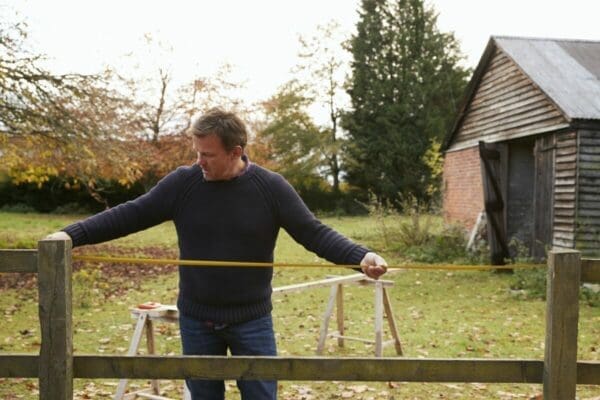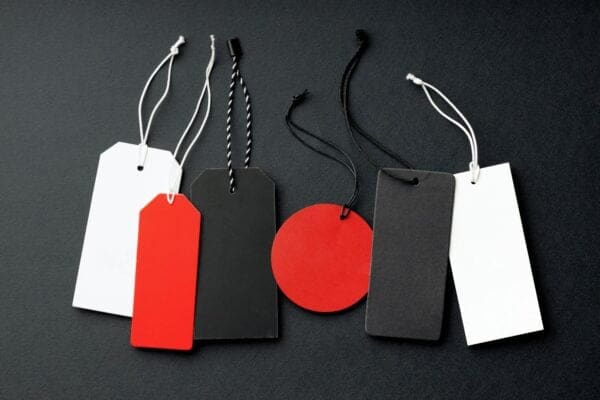Discover How the Trust Formula Can Help You to Improve Your Trust with People.
Nine years ago we moved to our current house. Our neighbours, both teachers, invited us in on our moving day. We had a beer. Great. Everything was perfect.
Roll forward to last summer. We share a fence with our neighbour. My dad and I rebuilt it, using the black carpet-type stuff that goes under the gravel to stop the weeds. All was good.
‘Are you going away for the weekend?’ asks our neighbour the following weekend. ‘Yep,’ I replied. ‘A cheeky run to France for the day.’ We came back later that night and I noticed he’d rebuilt the fence. Apparently, something to do with the black carpet stuff, osmosis, and I’m sure E=MC2 was mentioned, though I had lost my 10 commandments by that point, especially ‘love thy neighbour’. We fell out.

An Equation for Trust
Some bright spark has now defined trust, with an equation. This is very useful because I can now explain what my intuition has been telling me about trusting people.
The trust formula has four parts: credibility, reliability, intimacy, and self-orientation. In the equation, the first three traits are added together and then divided against the latter.

Each part has its piece to play in helping us to understand who we do and do not trust, and why:
Credibility: If I ask you a question and you are supposed to be the expert on that topic, and you answer it well, then you are credible.
Reliability: If I ask you to do something, we agree a time for you to do it by, and you deliver on that promise, you are reliable.
Intimacy: Don’t worry, this is not about hugging. This is about going beyond the transactional. Do you know a bit about me? Whether I have kids, for example?
Self-orientation: Ever been in a conversation where it’s all about them talking about them? Yes? That’s self-orientation.
Applying the Formula to the Fence
Which part of the equation did my neighbour break to lose my trust? Self-orientation. It was all about his fence, his facts, his world.
Consider colleagues that you have and do work with. I bet when you think about different people you can now understand why you do and do not trust certain people. Reliability is a big one for most people. They hate being let down.
How trusted are you? Which part of the trust formula do you often break? Can you improve the trust others’ have in you?




